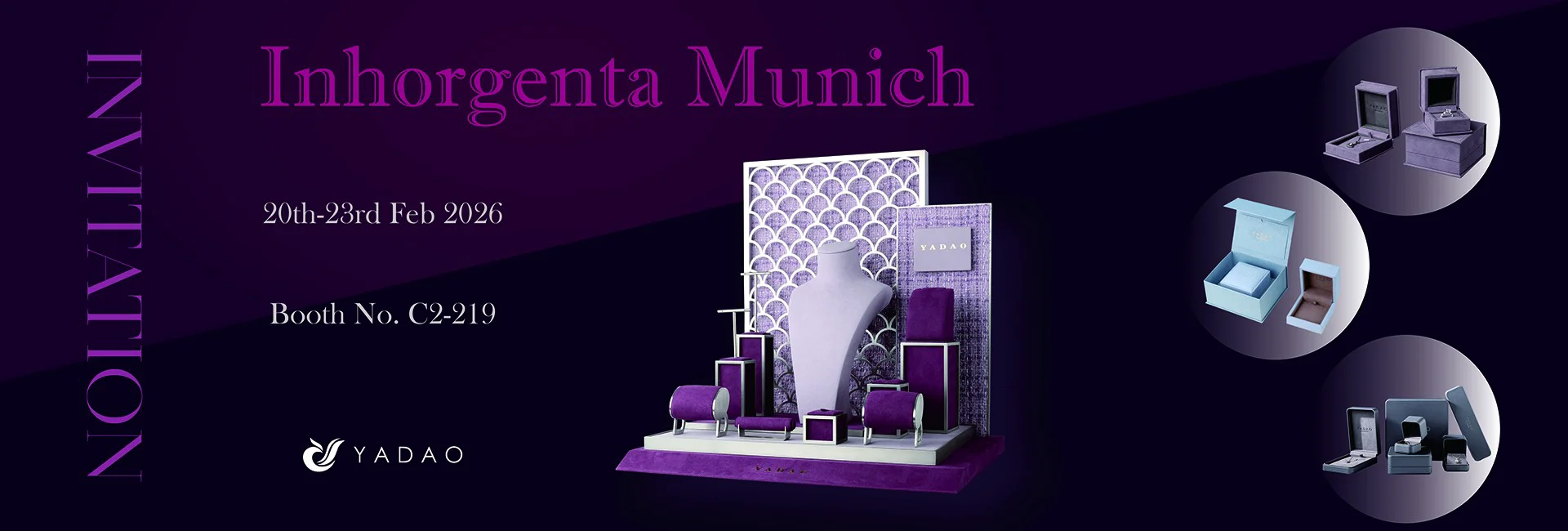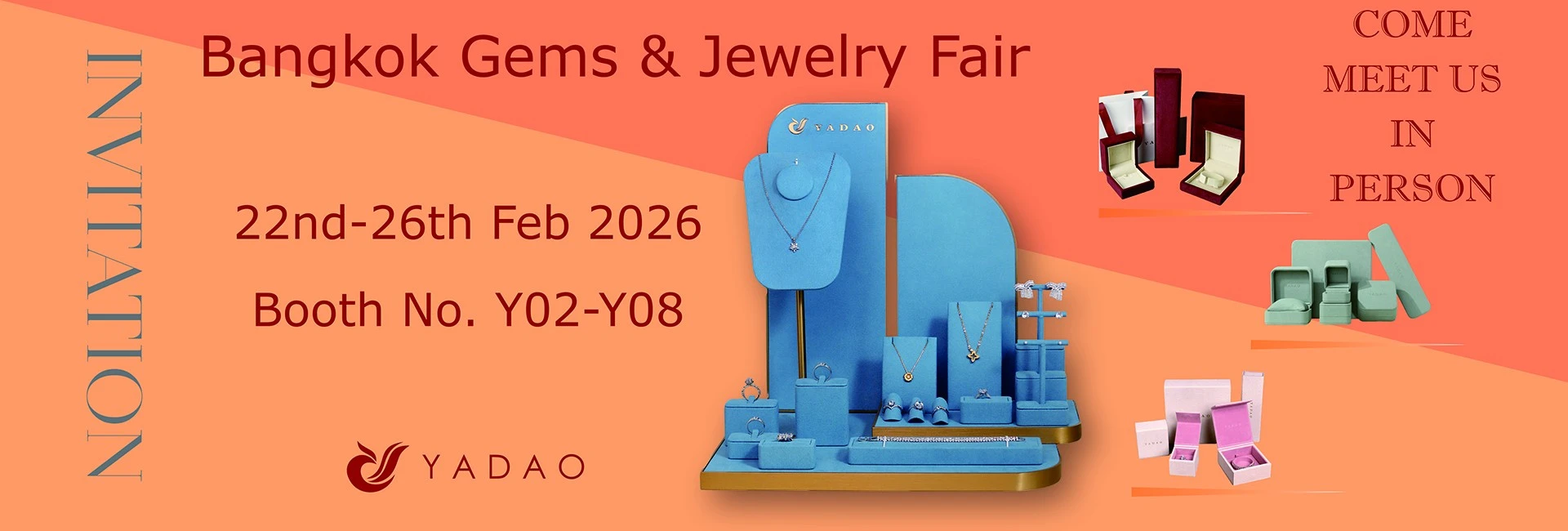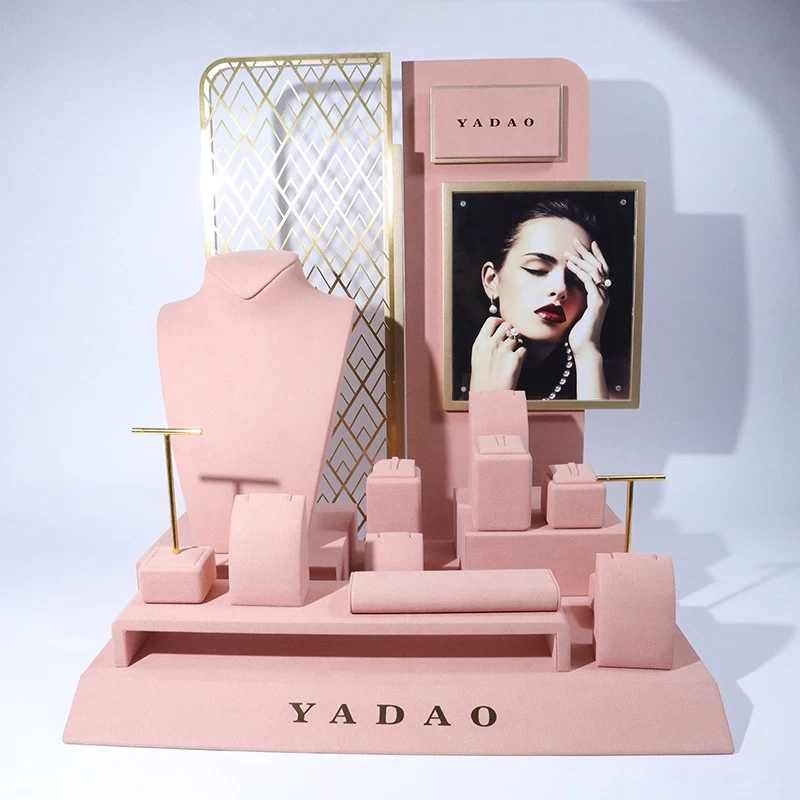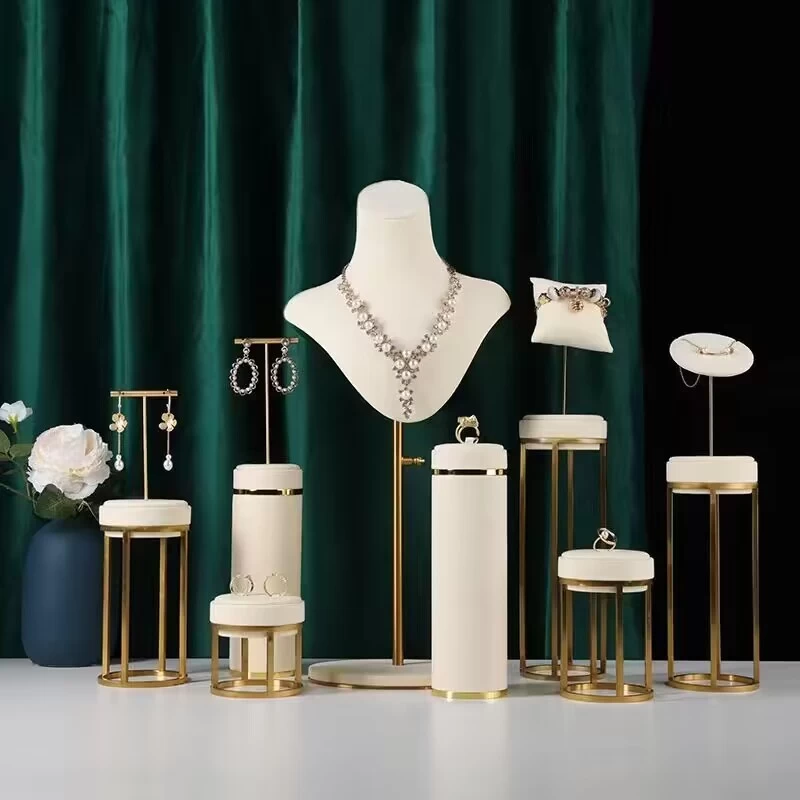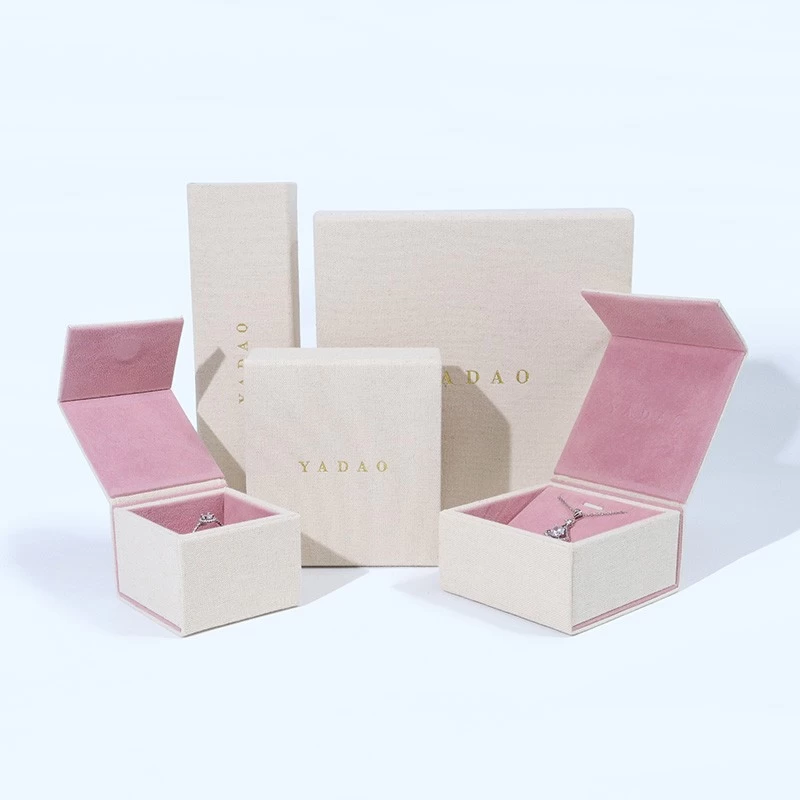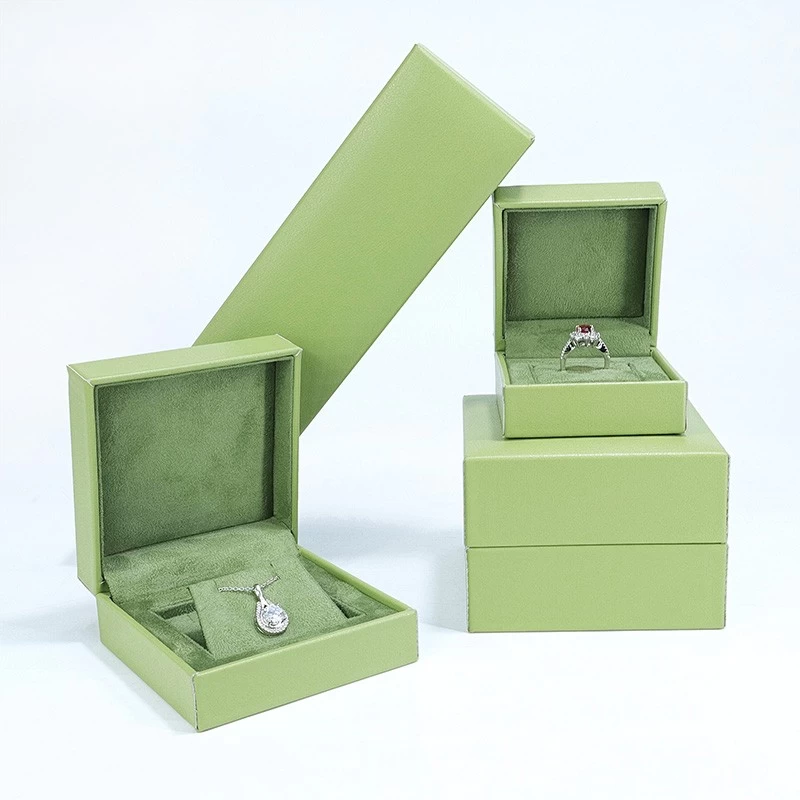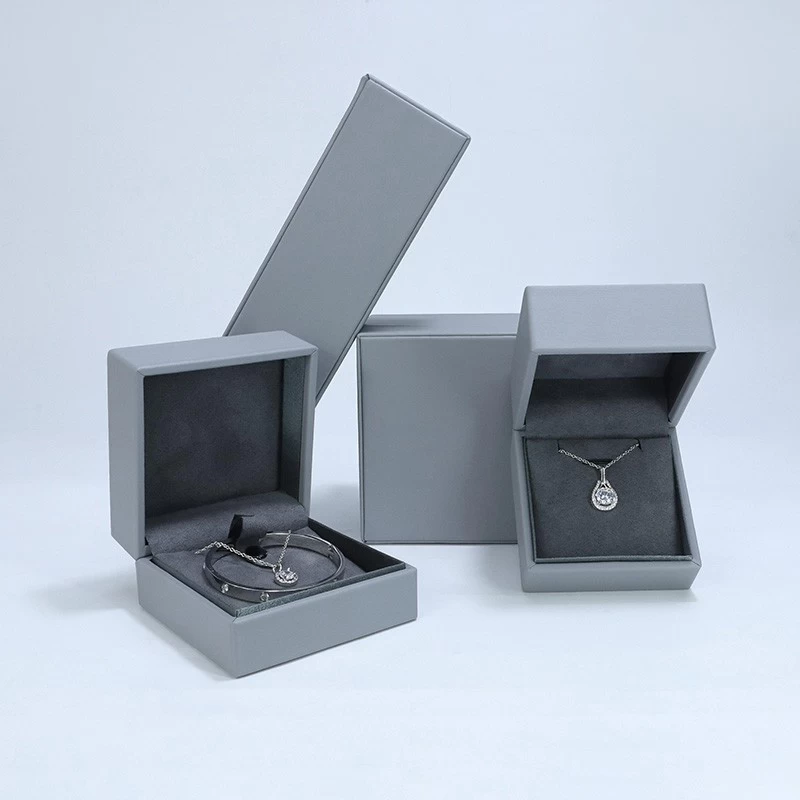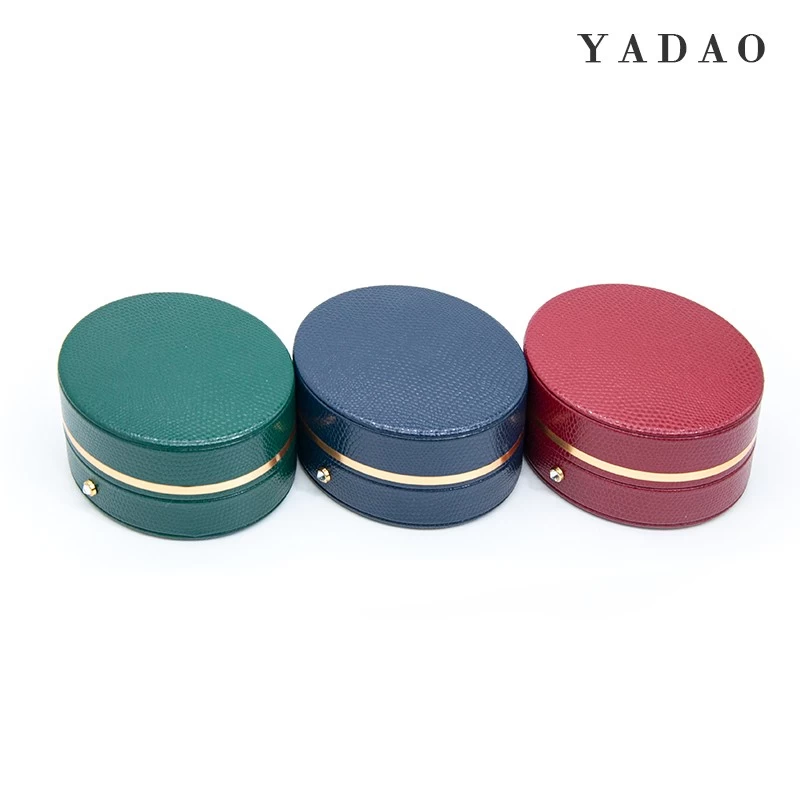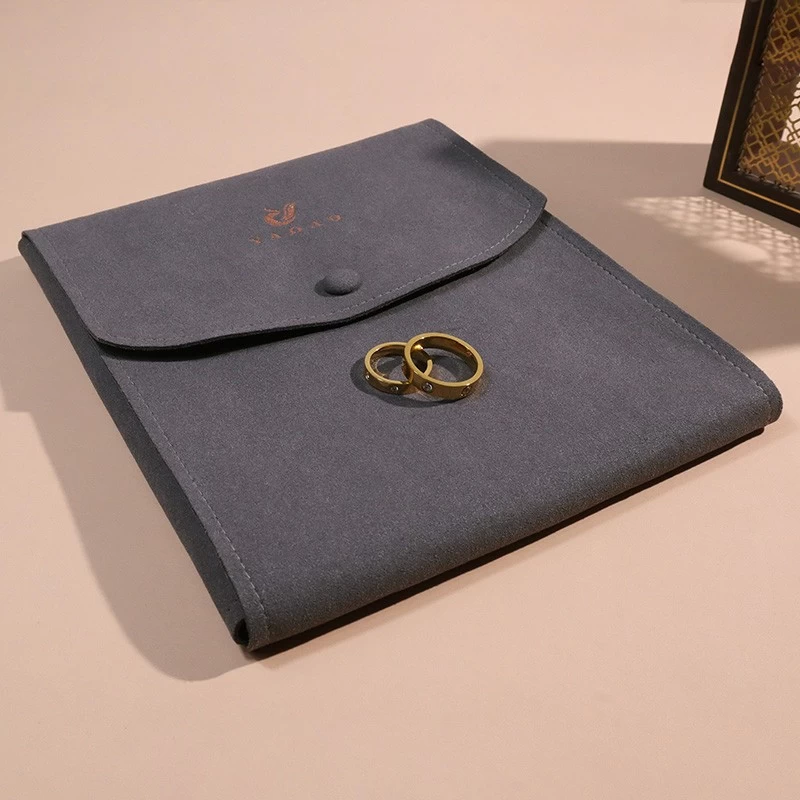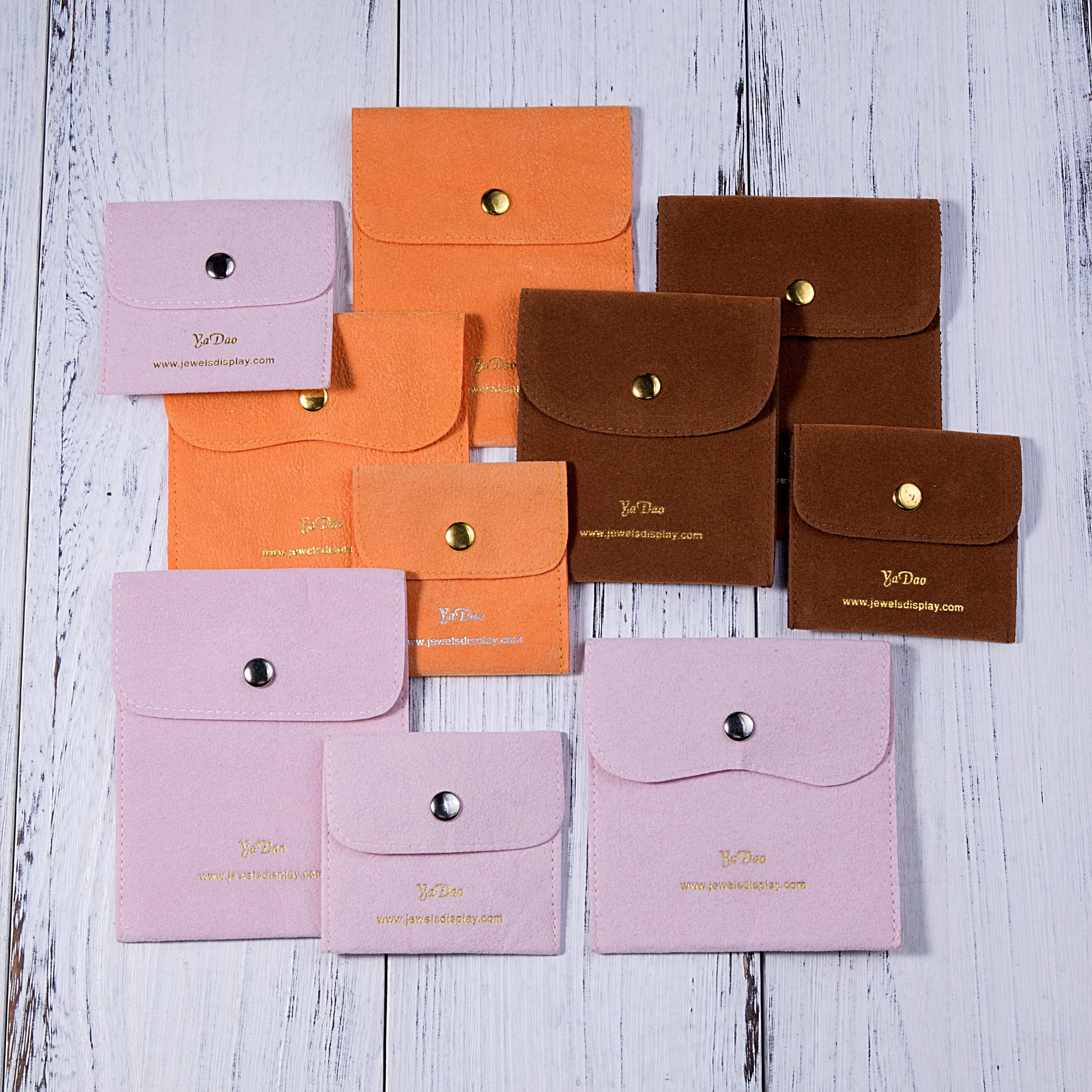Cultural influences on jewelry packaging styles
Jewelry packaging styles are deeply influenced by cultural traditions and aesthetics around the world. In different cultures, the presentation of jewelry goes beyond mere protection; it serves as a reflection of heritage, values, and symbolism.

For example, in India, jewelry packaging often features vibrant colors, intricate patterns, and luxurious fabrics such as silk and velvet. These elements not only enhance the beauty of the jewelry but also align with the rich cultural tapestry of the country. The packaging itself becomes a part of the gift-giving ritual, conveying respect and significance.
In contrast, Japanese jewelry packaging tends to emphasize simplicity and elegance. Minimalist designs, often using natural materials like washi paper or wood, reflect the Japanese aesthetic of wabi-sabi—finding beauty in imperfection and simplicity. The focus is on understated elegance and craftsmanship, echoing the principles of Japanese art and culture.
In the Western world, jewelry packaging styles vary widely depending on the brand and target market. Luxury brands may opt for opulent materials such as fine leather, satin linings, and intricate detailing, reflecting a desire for sophistication and exclusivity. On the other hand, contemporary trends also embrace minimalist packaging designs that highlight the jewelry itself, appealing to a modern aesthetic of simplicity and functionality.
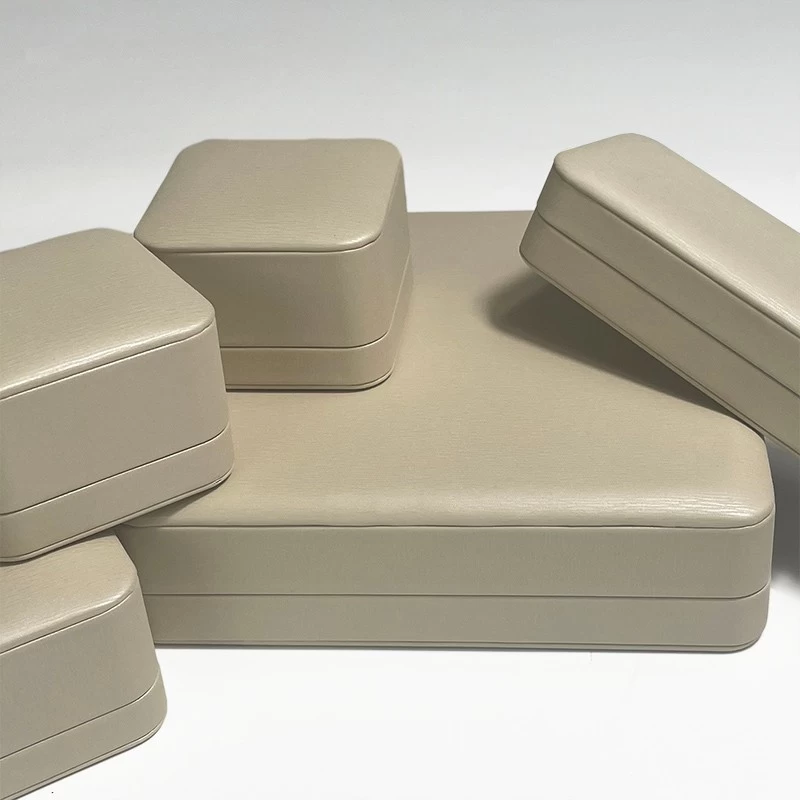
Overall, cultural influences on jewelry packaging styles highlight the diversity and richness of global traditions. Whether vibrant and ornate or minimalist and refined, jewelry packaging not only protects precious items but also serves as a tangible expression of cultural identity and artistic sensibility across different societies. Understanding these influences enriches our appreciation of the artistry and symbolism embedded in jewelry and its presentation.

